A well-developed chest doesn’t just look impressive — it plays a major role in pushing strength, posture, and overall athletic performance. But if your chest gains have stalled despite consistent training, it might be time to switch gears and dive into a high volume chest workout strategy.
Why Train for Chest Volume?
Muscle growth, or hypertrophy, occurs when you provide your muscles with enough mechanical tension, metabolic stress, and muscle damage — all of which are magnified in volume-based training. Rather than simply lifting heavy for fewer reps, a chest workout for volume focuses on total workload: more sets, more reps, and enough intensity to challenge your pecs from every angle.
High-volume training targets both the fast-twitch and slow-twitch fibers by layering compound and isolation movements. This not only boosts chest size, but also builds muscle endurance, control, and a deeper mind-muscle connection.
Key Principles of a Volume Chest Workout
-
Frequency and Consistency
To effectively stimulate growth, train your chest 1–2 times per week with at least 48 hours of recovery in between. Volume doesn’t mean burnout — recovery is where the growth happens. -
Progressive Overload Without Ego Lifting
You don’t need to max out your bench press every session. Instead, gradually increase reps, sets, or weights while maintaining good form. -
Movement Variety
A complete chest volume routine hits all areas: upper, mid, and lower chest. Prioritize incline, flat, and decline presses, paired with fly movements and push-up variations.
A Proven Structure for Chest Growth
A sample volume chest session could include 4–6 exercises, each with 3–5 sets of 8–15 reps. Start with compound movements when energy is highest (e.g., barbell or dumbbell bench press), then move to flyes, dips, or cable crossovers to isolate the pecs.
This structure creates sustained tension, driving blood into the muscles and promoting the pump — a critical element in volume-based hypertrophy.
My Journey with Chest Volume Training
Years ago, I hit a frustrating plateau. My bench press was strong, but my chest looked flat. It wasn’t until I embraced a high volume chest workout approach that things began to change. Instead of obsessing over how much weight I could lift, I focused on maximizing time under tension, clean form, and total training volume.
I added more controlled reps, supersets, and rest-pause techniques. My chest finally started to grow — fuller in the upper pecs, more separation in the lower region, and a more defined shape overall. The mental shift from "lifting heavy" to "training with purpose" changed everything.
Common Mistakes That Kill Volume Gains
-
Skipping Warm-Up Sets
Your joints and nervous system need activation. Don’t rush straight into working sets. -
Poor Exercise Order
Doing isolation work before heavy presses can sap your strength. Start with multi-joint lifts. -
Neglecting Rest Periods
For hypertrophy, rest between 45–90 seconds per set. Too short, and you sacrifice output; too long, and the pump fades.
Final Thoughts
A volume chest workout isn't just for bodybuilders — it’s for anyone looking to build a muscular, balanced, and functionally strong chest. It requires patience, discipline, and a willingness to go beyond just moving weight from point A to B.
Train with intention. Embrace the volume. And watch your chest transform.


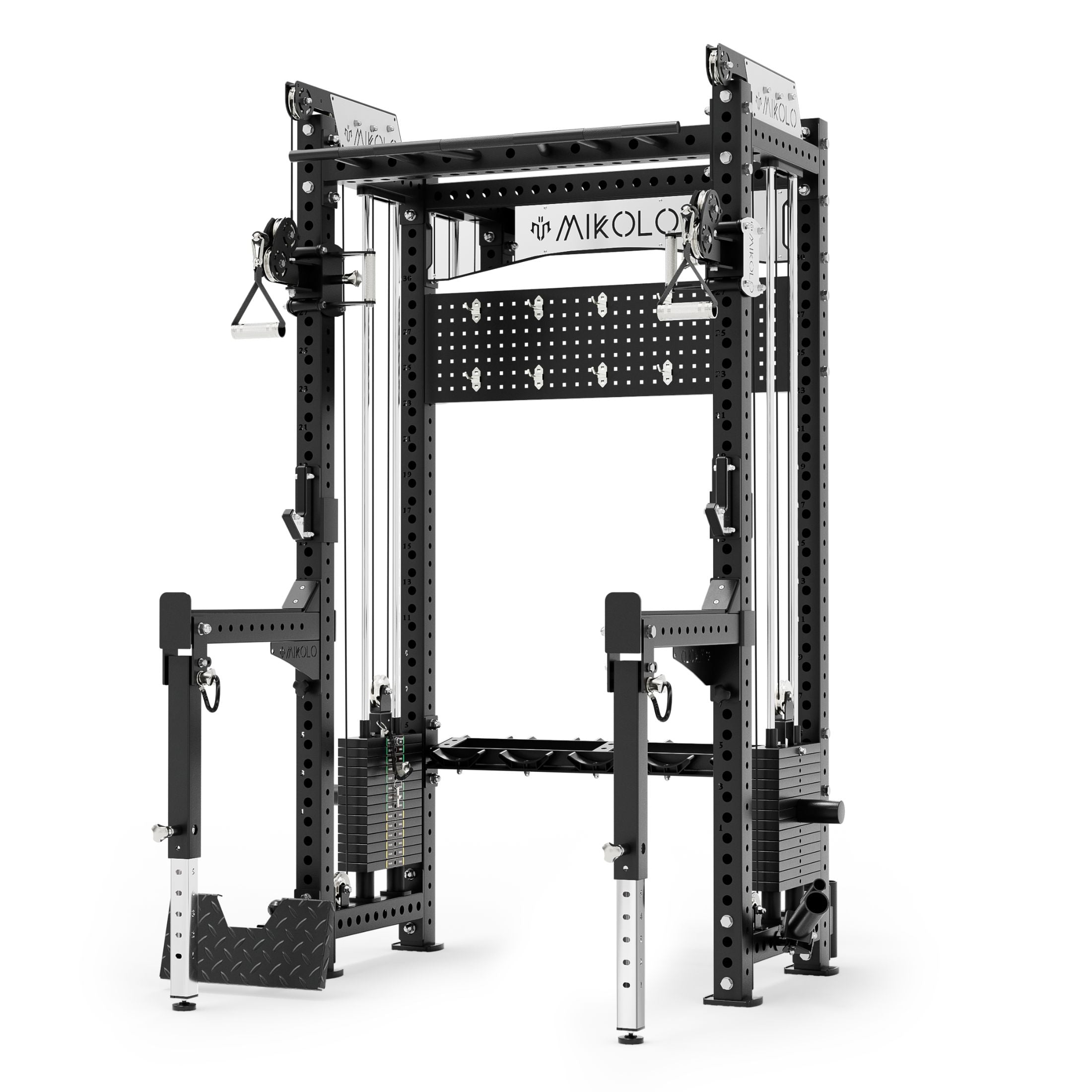
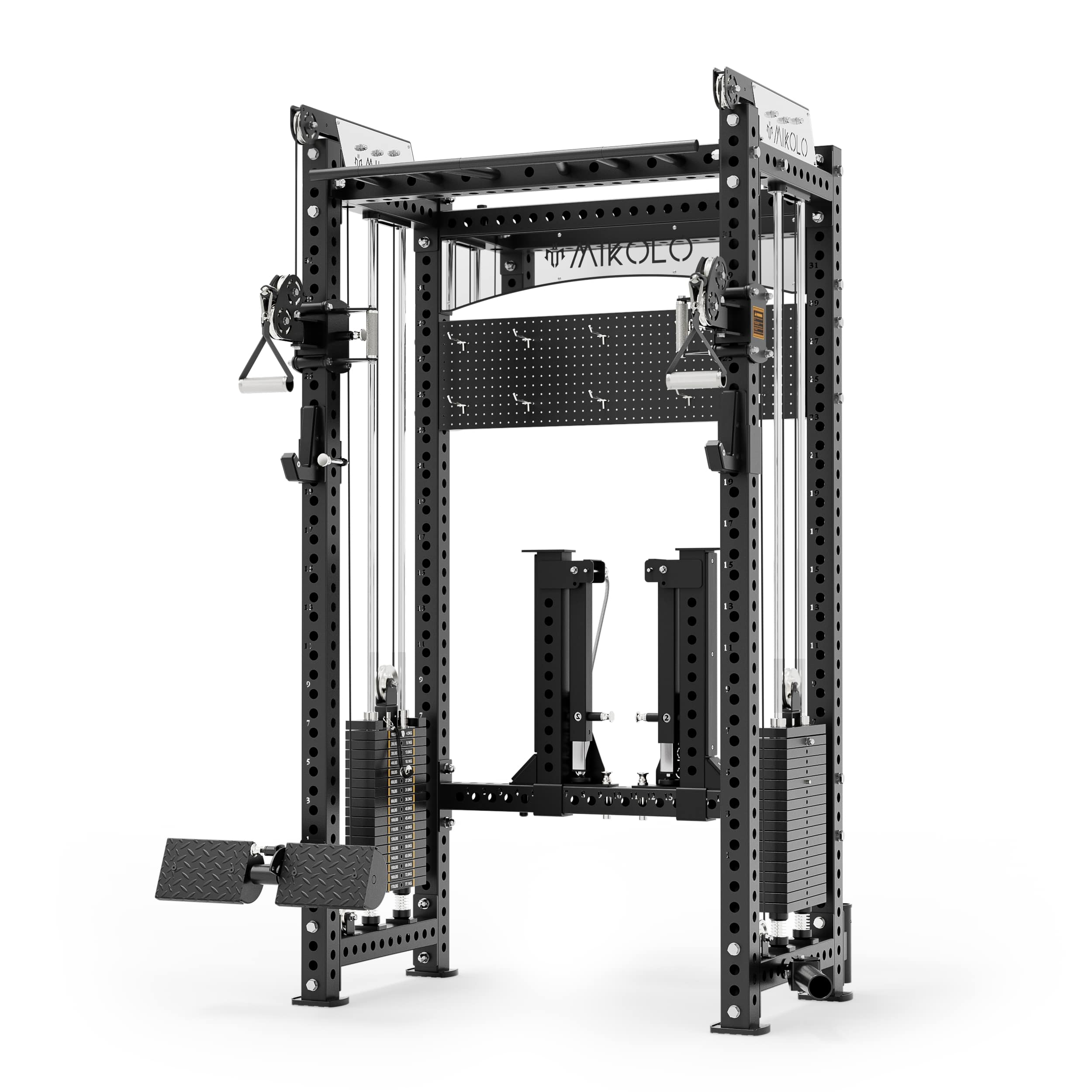
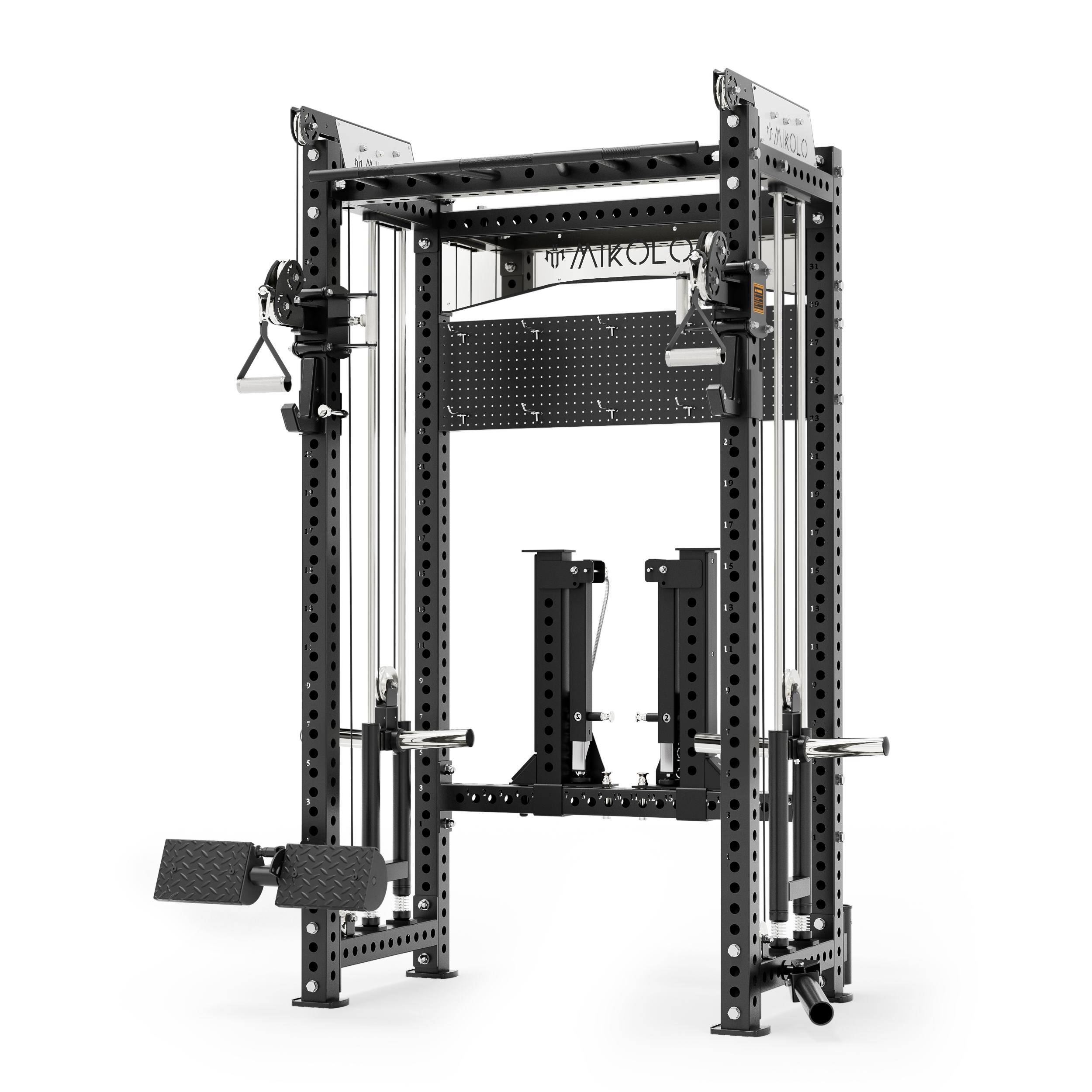


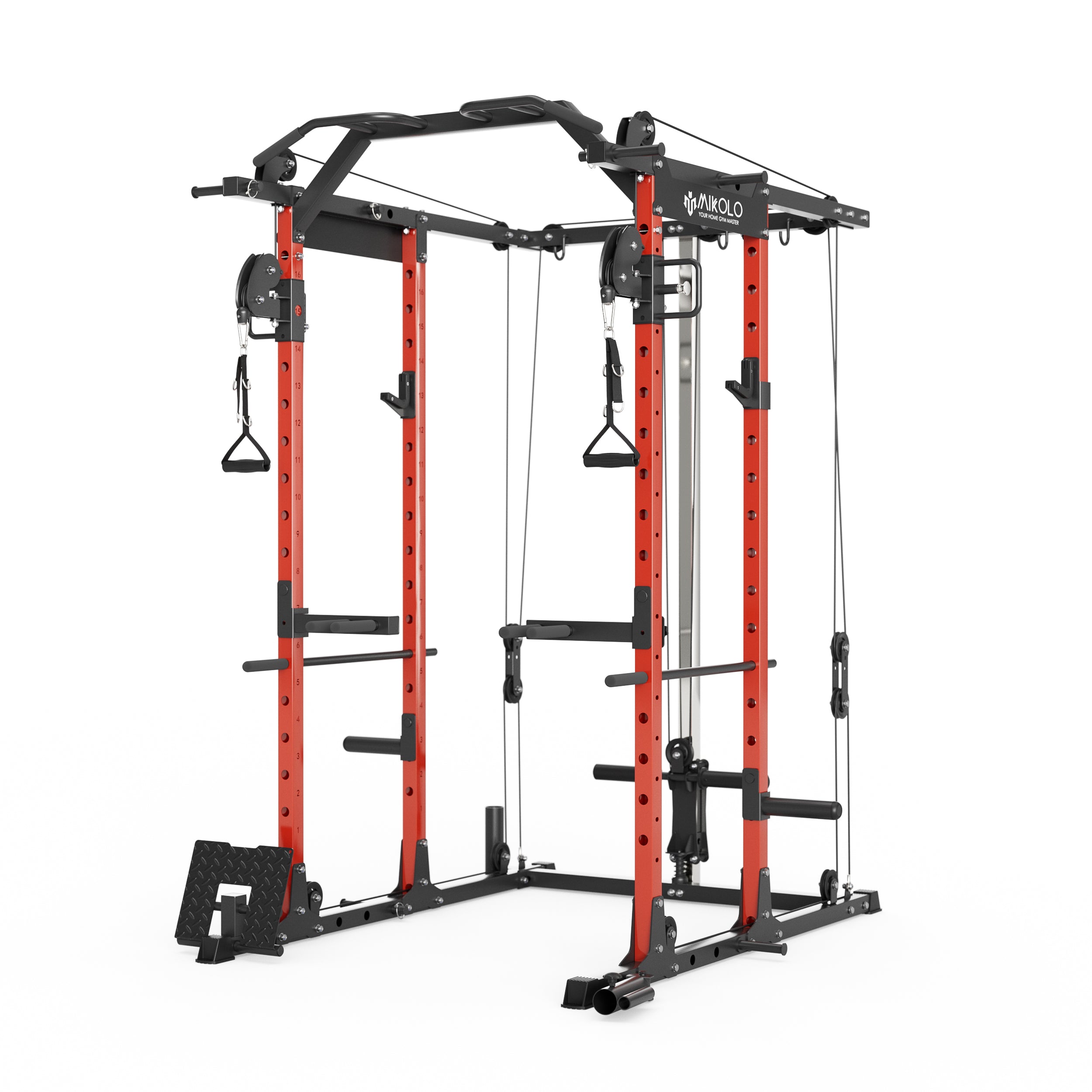
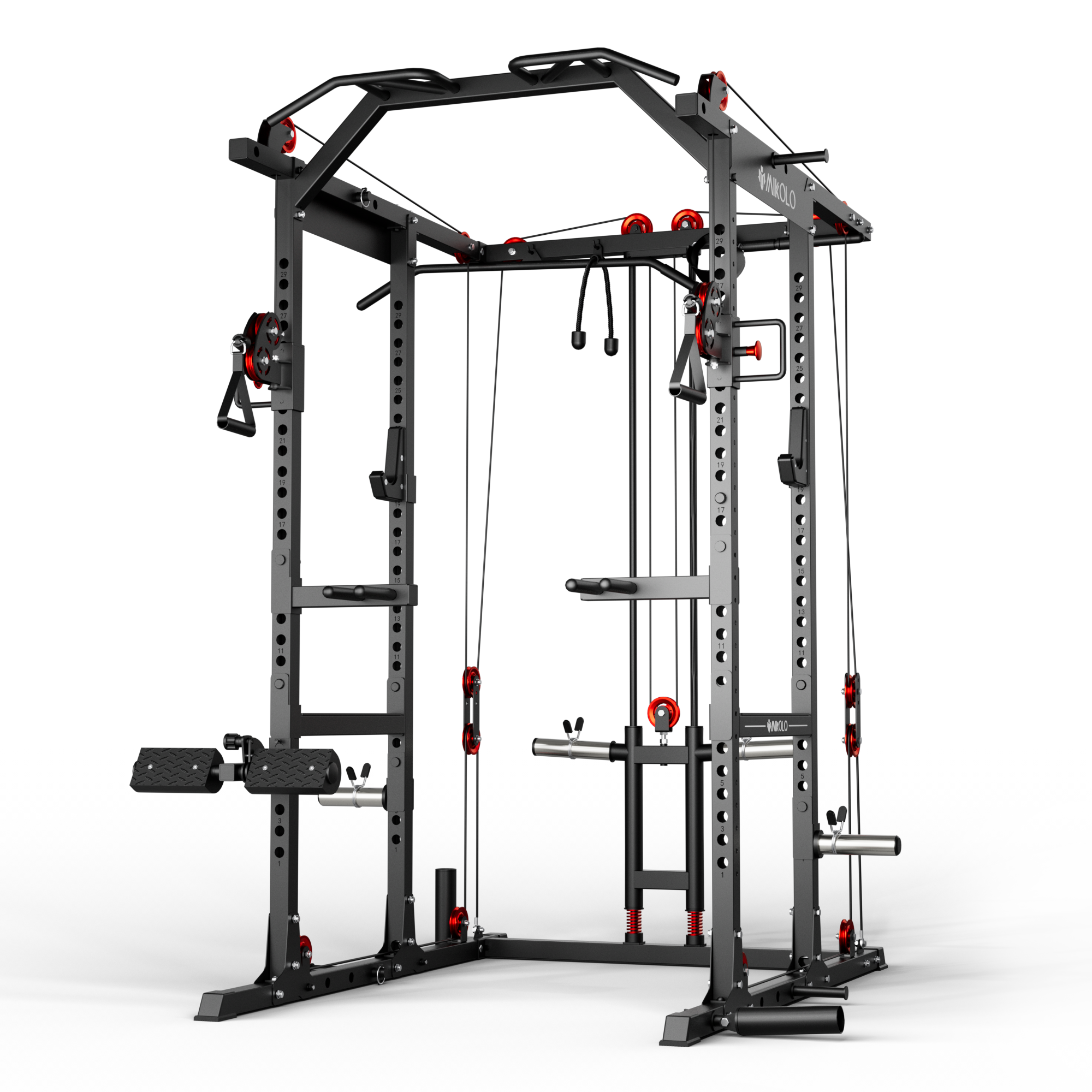

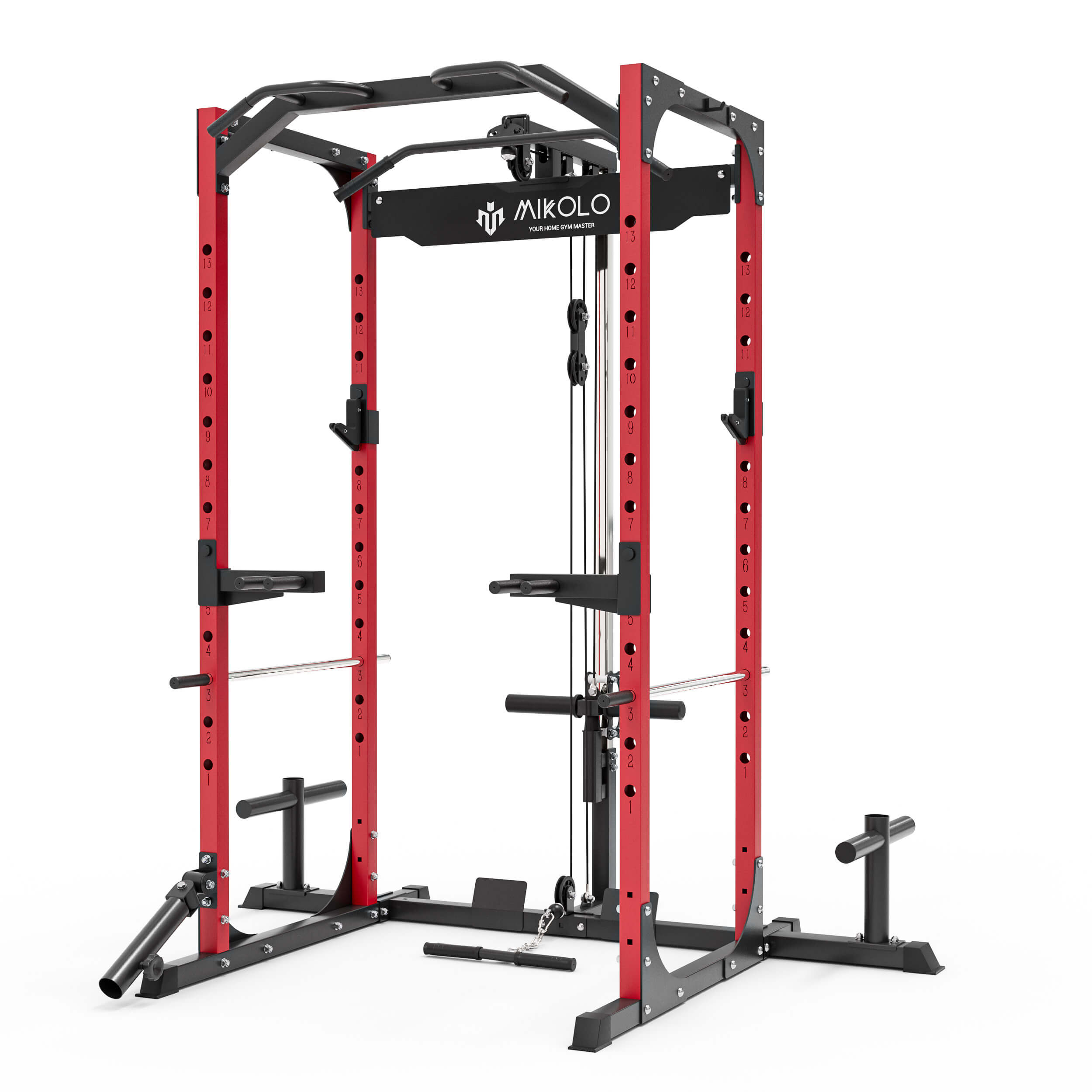

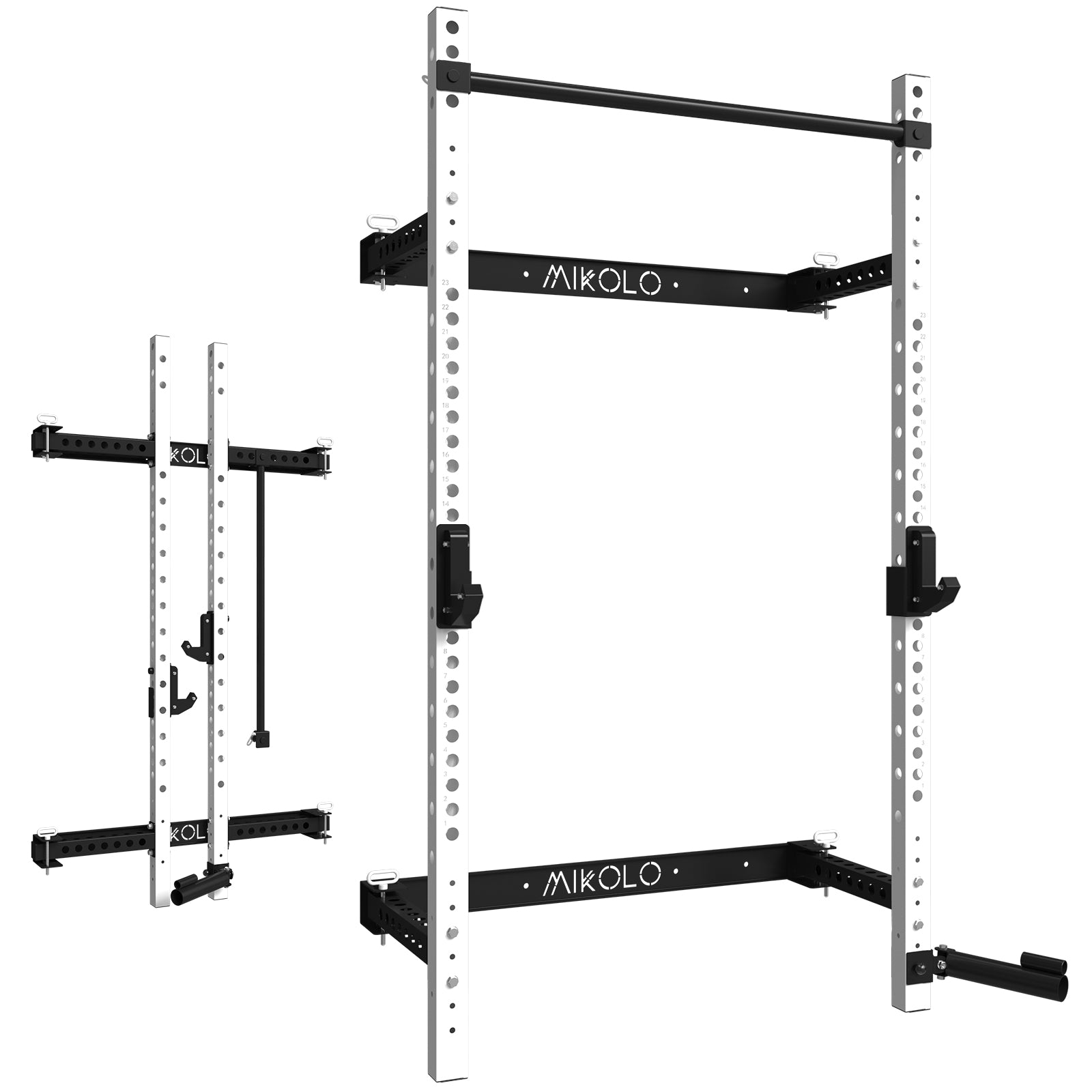

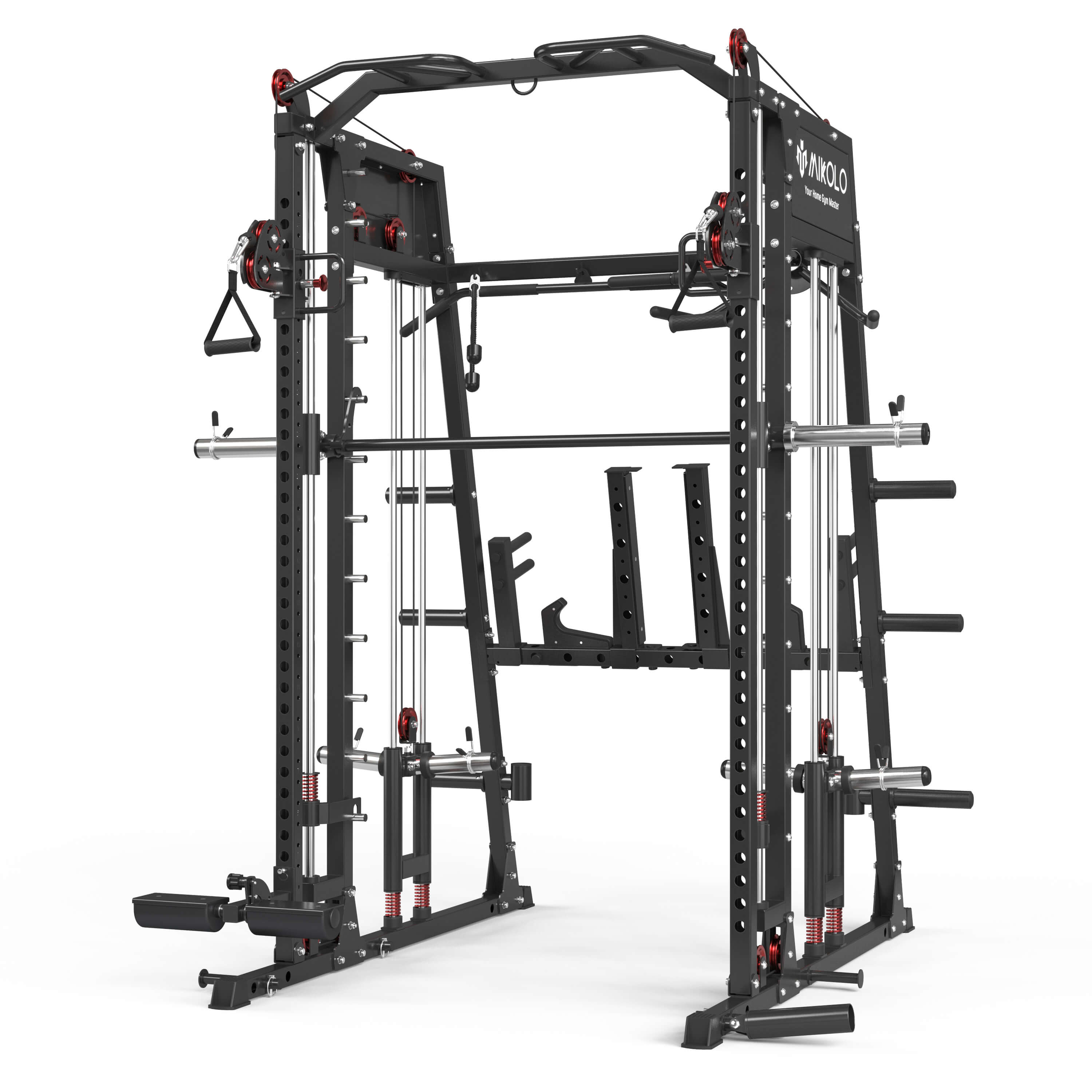
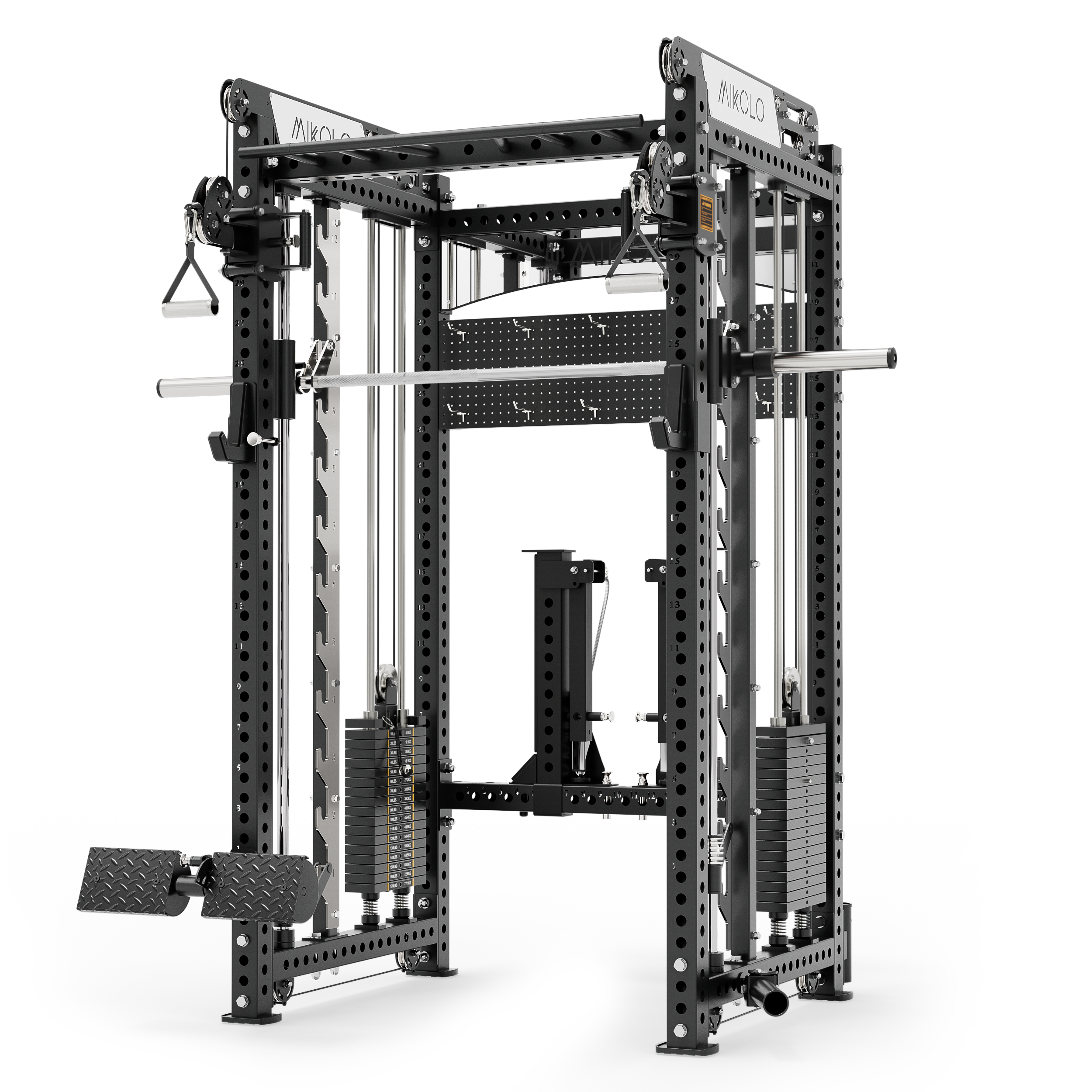
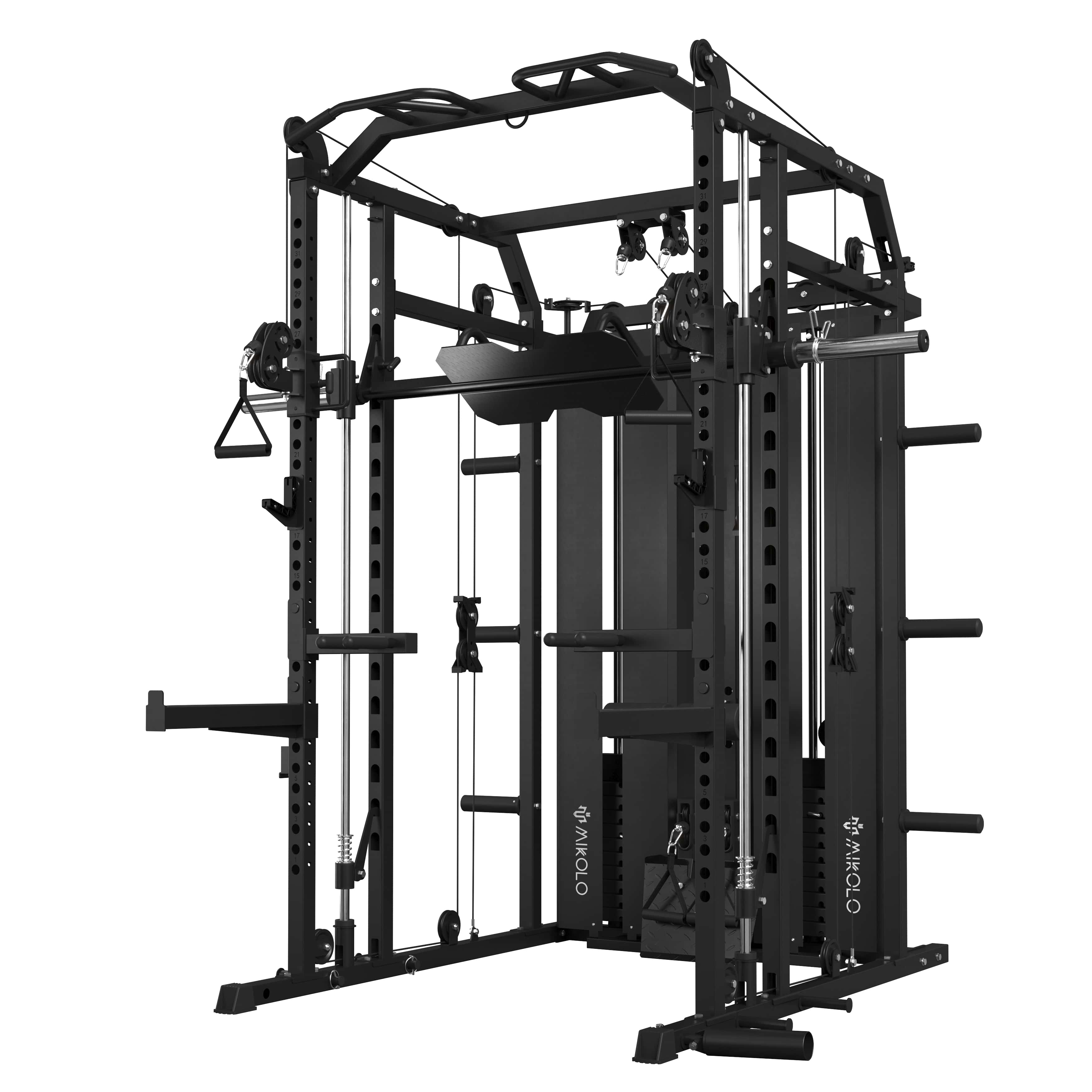
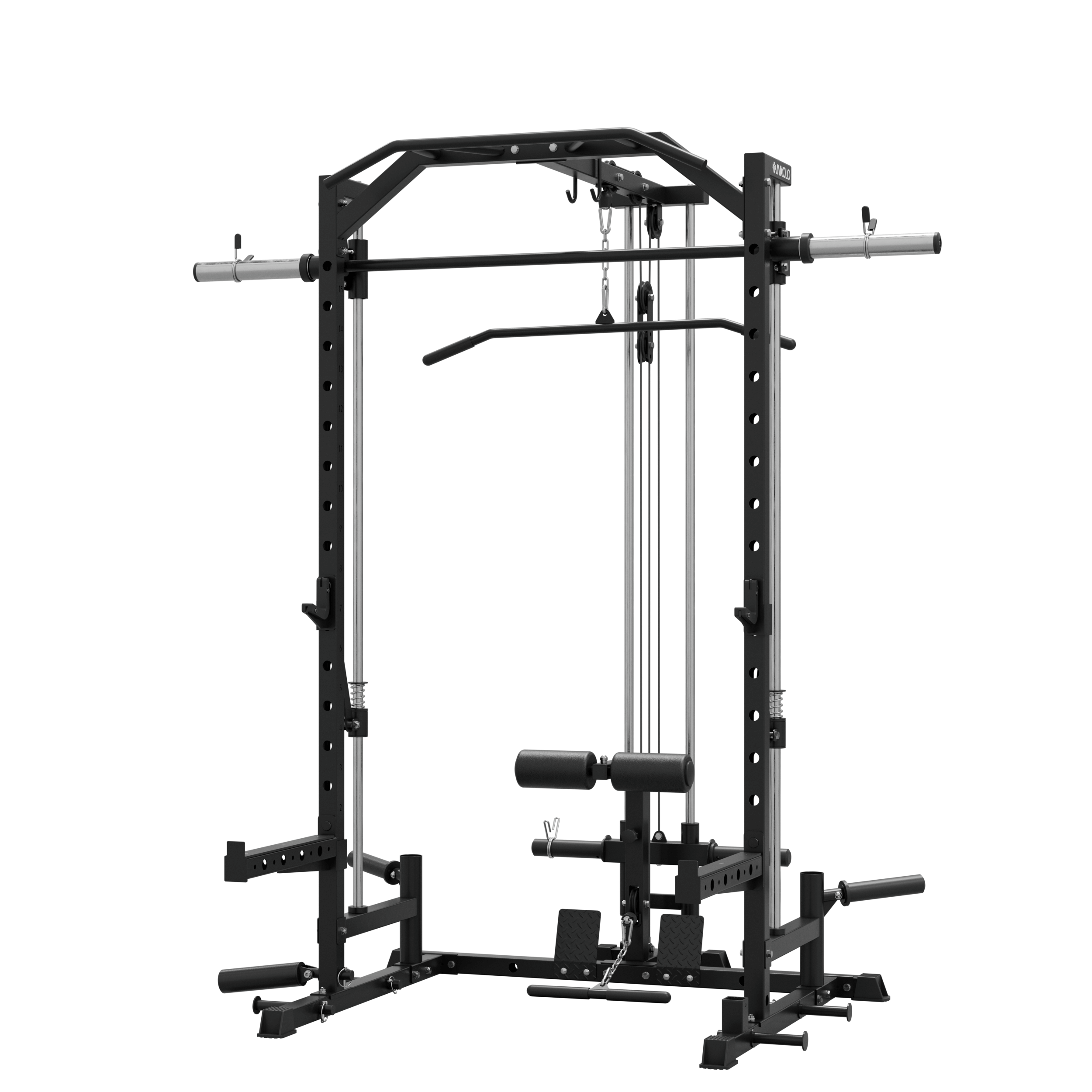
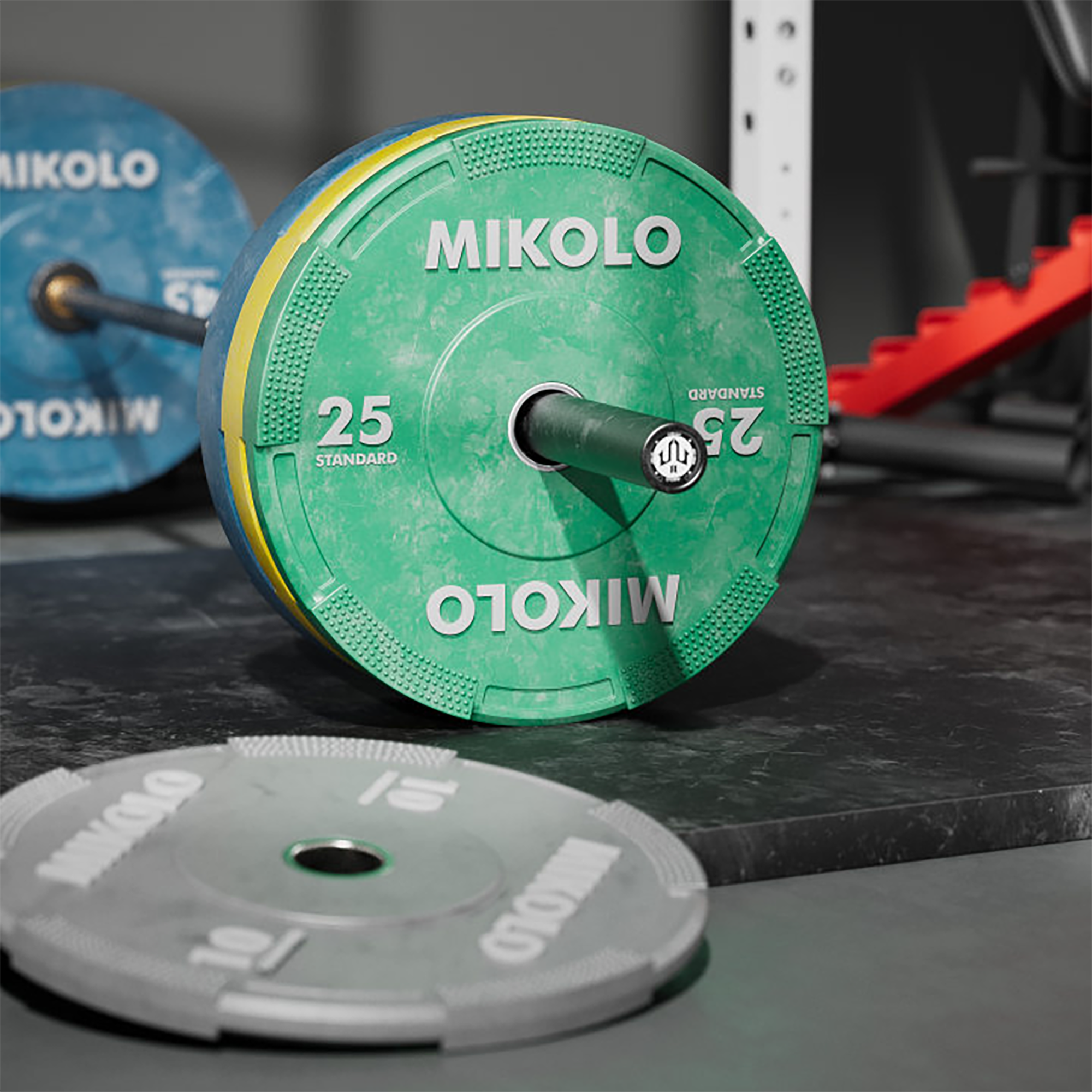












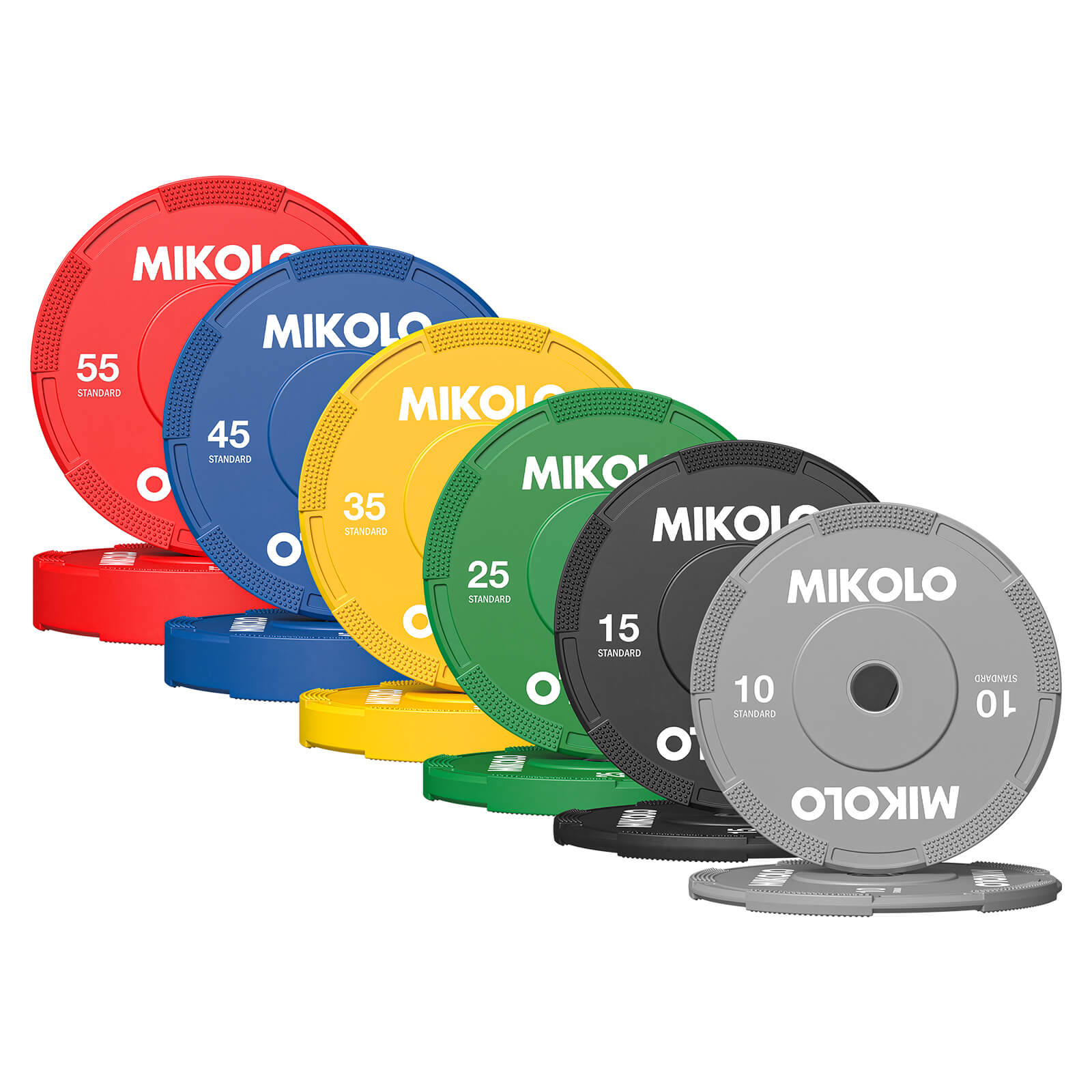

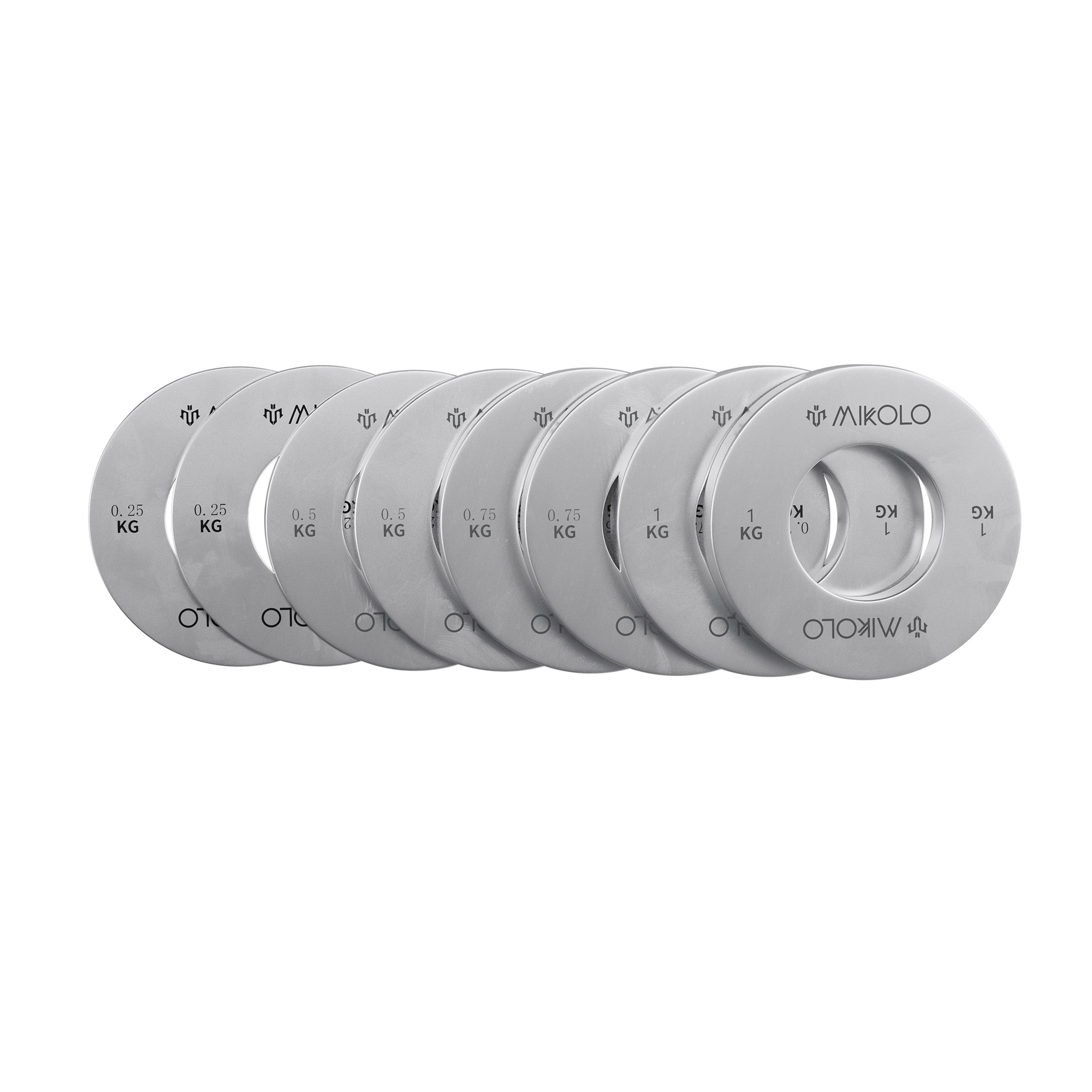









Leave a comment
This site is protected by hCaptcha and the hCaptcha Privacy Policy and Terms of Service apply.